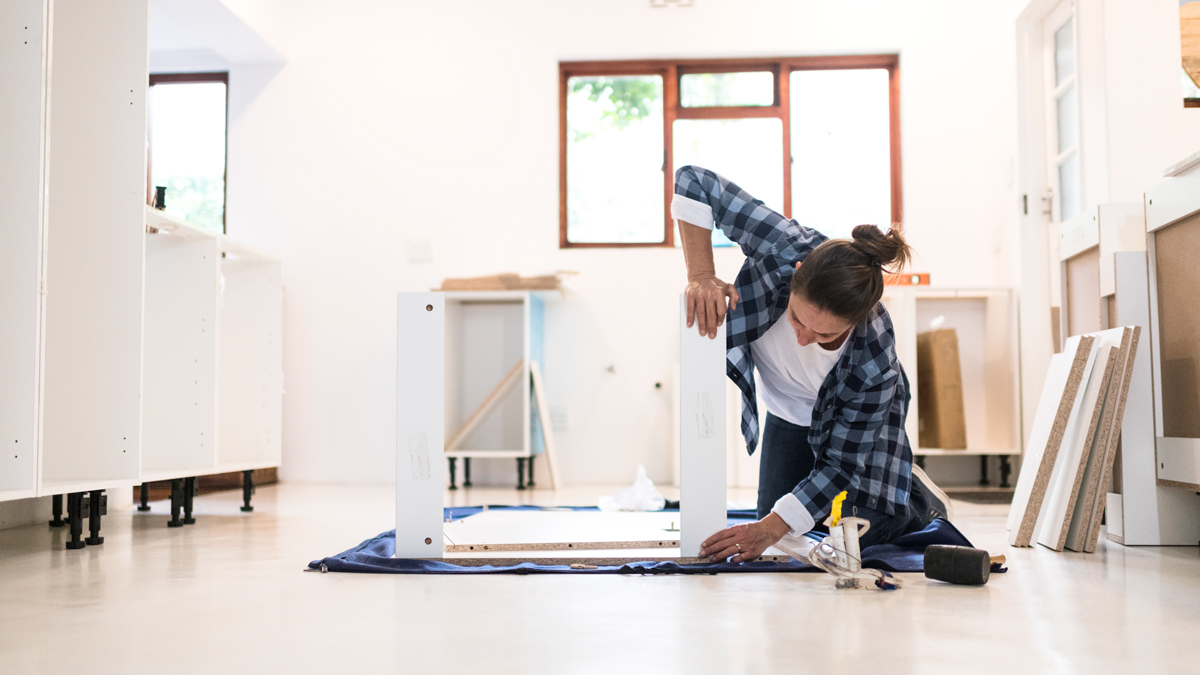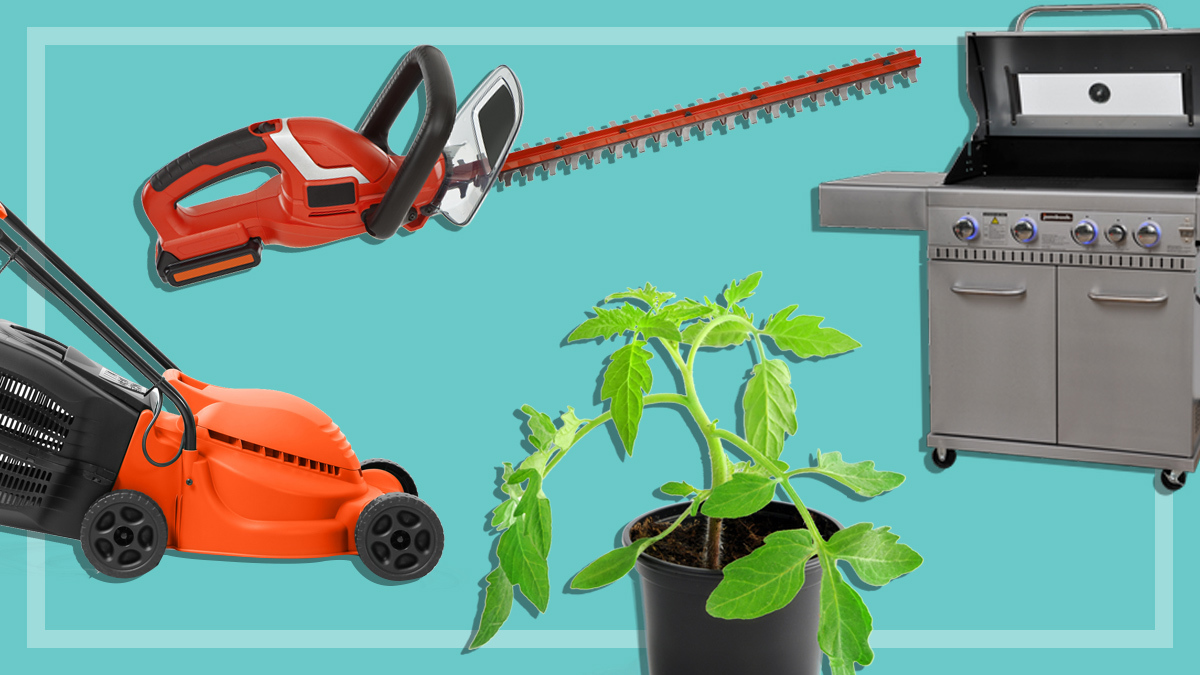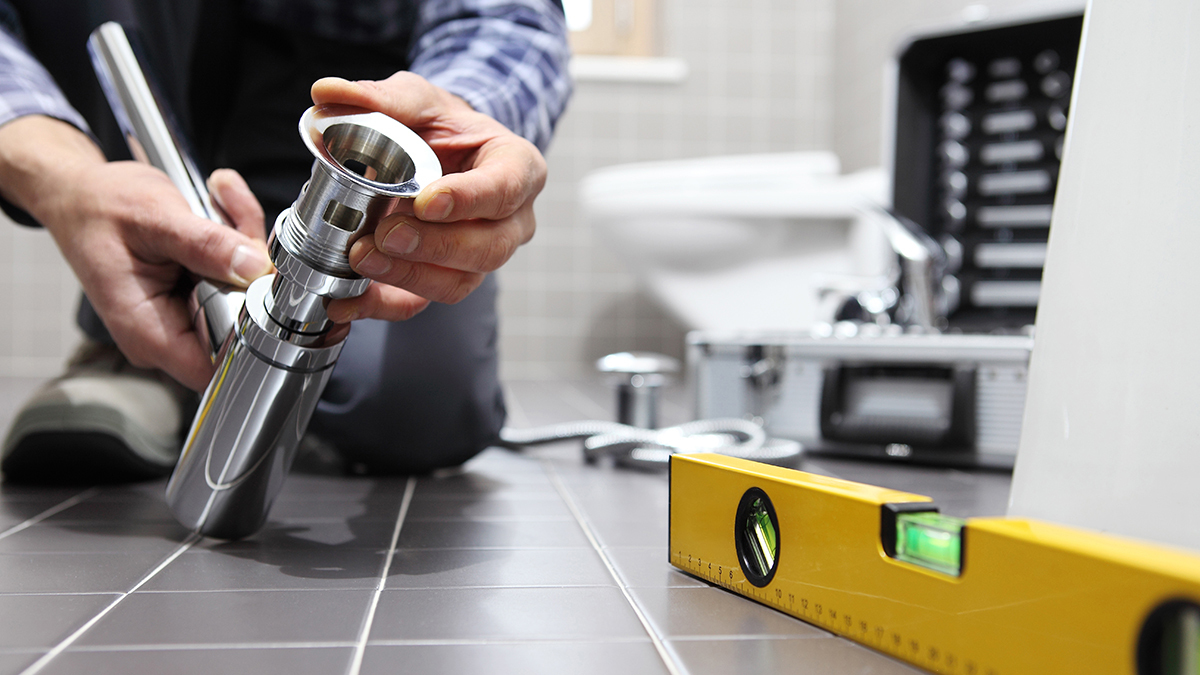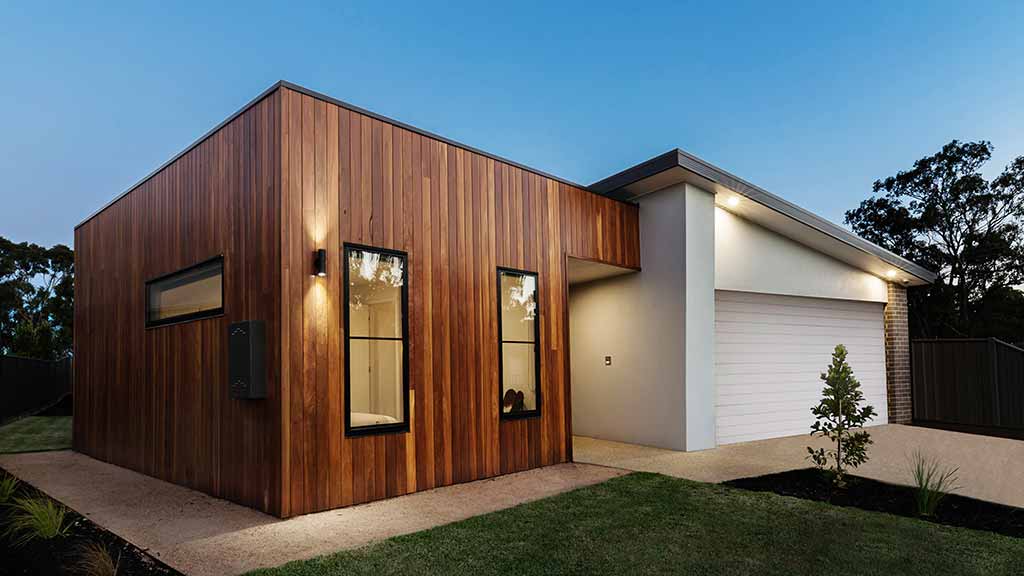Get our independent lab tests, expert reviews and honest advice.
The truth about tradie call-out fees
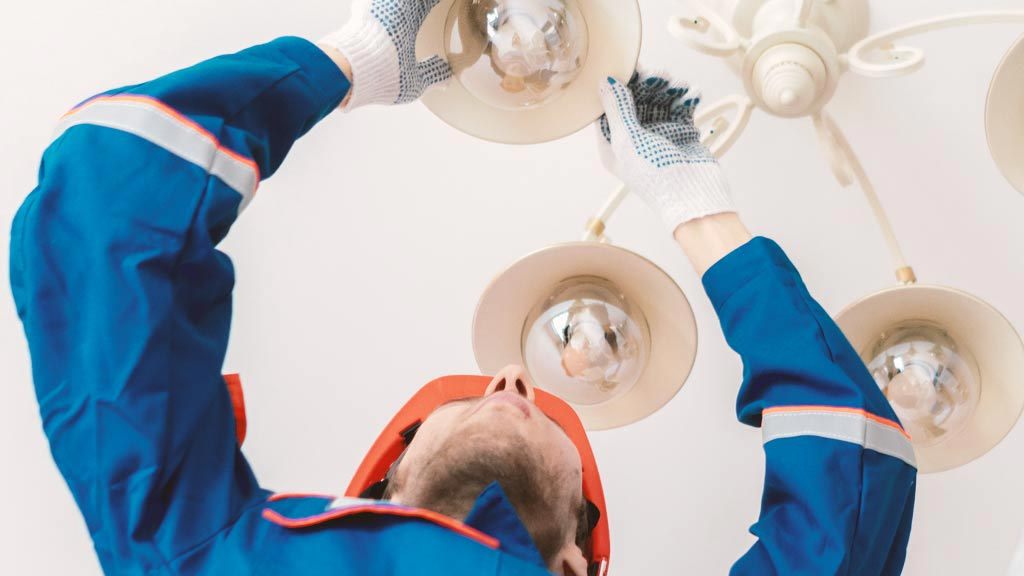
If you’re a homeowner, you’ll inevitably need to employ a tradesperson to repair something in your home at one time or another.
For the privilege, expect to be charged a call-out fee. Is it merely a greedy money grab by the tradie or a justifiable cost?
We asked the experts for advice on how to avoid the sting of unexpected call-out fees and how to talk to a tradie so you know exactly what you’re paying for.
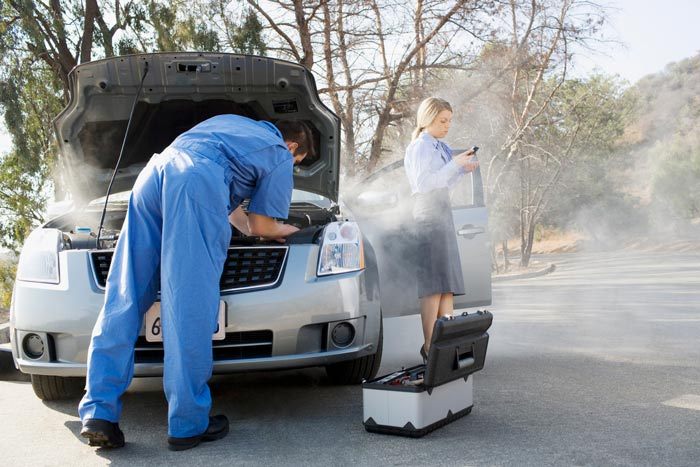
What is a call-out fee?
A call-out fee is a set amount charged by a business or a tradesperson to attend to a customer’s home, business or broken-down vehicle, often at short notice and/or out-of-hours.
The fee is usually on top of labour and repair costs. In general, it covers the cost of the time it takes for the tradesperson to attend your home to inspect your job and generate a quote. It’s also payment for their experience and expertise, which they use to diagnose the problem and help figure out the best solution.
Tradespeople who charge call-out fees commonly include electricians, mechanics, plumbers and technicians.
What to ask your tradie about call-out fees
Ask tradespeople in advance about their call-out fee – how much it is, what it includes – and if possible approach several businesses to compare quotes. That way you can avoid unnecessary confusion and nasty surprises on your invoice.
Here are some experts’ tips on what you should be asking your tradie:
Jordan Carlisle, Workplace Relations Advisor at Master Electricians Australia, says:
- “Ask the electrician if they have a charge-out fee and also if they have a minimum charge for their time on that particular day.”
- “An electrician [may not be able] to give an indication of the cost over the phone. They’ll need to see the installation to make sure they are discharging their legislative obligations as an electrical contractor. However, when they are on site, ask the electrician what is required to either make safe, fix or eliminate the issue and the likely cost of each.”
Peter Daly, Chief Executive Officer at Master Plumbers Australia, says:
- “Clear communication is the key to avoiding misunderstandings. In addition to making sure you know what and how you will be charged, ask if the call-out will be waived if a significant repair or replacement of equipment is needed, for example a new hot water unit or gas heater.”
- “Plumbing is strictly regulated by government and all plumbing businesses require a licence to operate. Unfortunately, like many other services, unqualified and unlicensed operators sometimes seek to take advantage of consumers and you should always be careful, especially if sourcing them online.”
- “If someone appears to be a lot cheaper than other providers, the chances are that they are not qualified to do the work or issue the compliance certificate required by government for some plumbing work.”
Jeremy Levitt, CEO and co-founder of serviceseeking.com.au, an online local services marketplace, says:
- “Make sure you get numerous quotes … and request that all costs be disclosed upfront to avoid nasty surprises.”
What to ask your tradesperson:
1. How much is the call-out fee and is there a minimum charge for time?
This should be one of your very first questions. It’s important you know the tradesperson’s fee schedule before they get to your home or car so you’re both clear from the outset.
2. What does your call-out fee cover?
Find out exactly what’s included in the tradesperson’s call-out fee. While some call-out fees may just cover the cost of the tradesperson to show up at your door, others may include 10–15 minutes of labour, or they may expect additional money to provide you with a diagnosis before service.
3. Can I please get it in writing?
‘I said, you said…’ doesn’t always play out well. Get the business to supply a written quote before starting the work, so you and the tradesperson can avoid any confusion or financial or legal dispute down the track.
Why do call-out fees vary so much?
Businesses determine their own call-out fees based on the service required, type and extent of the repair, location of the customer and day and time of the call out, so they can vary significantly in price.
“Different businesses have different expenses, depending on whether they operate in rural districts, in the inner city and/or cover suburban distances,” says Carlisle.
“It will also depend on the time of day and which day – for example weekends, at nights or public holidays.”
Levitt says, “A call-out is usually 60–80% of an hour of a tradie’s time and usually charged only for the first site attendance, not follow-up attendances. However, in some cases, it might be more than an hour of a tradie’s time, particularly in areas of high demand.
“Given there is no governance, it’s really up to the individual tradie or what the market will bear. If the job isn’t fiercely contested, a tradie might be able to bill a higher charge-out rate.”

Daly tells CHOICE that as plumbing businesses are highly competitive, their success depends on their professionalism and customer-service orientation.
“This means that across Australia different plumbing businesses will operate and charge in different ways according to the market in which they operate,” he says.
Some call-out fees may include 10–15 minutes of the service person’s labour where others don’t, so it’s always best to clarify exactly what’s included with the tradesperson before engaging them.
“Some will charge a call-out fee, some will charge travel from the business to the job and some may charge a flat fee for jobs of different types and that’s why it’s important to ensure you understand what you’re being charged for and how it’s structured,” says Daly.
How to avoid call-out confusion
Some businesses advertise no call-out fee, which sounds good but, Levitt says, they will inevitably ensure their pricing covers their costs plus a margin – in other words, you’ll end up paying for it anyway.
“There are a number of pricing strategies a tradesperson can test, but the most successful are those that fully disclose all costs to a customer but also allow a tradesperson to make a living and put food on the table.”
Some businesses advertise no call-out fee, which sounds good but … you’ll end up paying for it anyway
Carlisle suggests businesses who don’t charge a call-out fee do so as an incentive for budget-minded customers and are either prepared to absorb the loss or aren’t offering a full call-out service. This is why it’s essential you check with the tradesperson beforehand to understand what’s included.
“Consumers should have reasonable expectations about what a business may need to charge to cover their costs in coming to their home to diagnose a problem and suggest a solution,” Carlisle tells CHOICE.
“But they should also make sure to ask, before a tradesman gets in his car, what the minimum charge is and whether there will be a call-out fee. If it’s an emergency in a period where there may be higher wage costs [for example, on a public holiday], be clear that you’re only looking for the tradesperson to ‘make safe’ and then to return at a later time to repair, when the additional labour costs are reduced.”
Daly suggests consumers do their research on businesses who don’t charge call-out fees to ensure they have all their trade licences and qualifications required by law.
“Plumbing is regulated by government and all practitioners must be qualified and licenced to ensure public health and safety. If you receive a quote that appears significantly lower than others, this should ring warning bells,” he says.
If you receive a quote that appears significantly lower than others, this should ring warning bells
He says using unlicensed providers is particularly dangerous in plumbing and gasfitting.
“It’s a real risk to health and safety and may also cause issues with your property insurer. Make sure you always ask to see the plumbing licence and endorsement for the particular type of plumbing being done before you accept any quote. If the plumber cannot produce their registration or licence you shouldn’t engage them or let them in your house or place of work.”
You can check with your state, territory or local government authority that your chosen tradesperson has a current licence.
Case study 1: The consumer
When Adrienne’s ducted air conditioning suddenly stopped working, in the middle of a hot Brisbane summer, she knew she’d have to get it fixed – and fast!
Adrienne had used a repair service on her air conditioning system previously and had been reasonably happy with their service. They were an authorised repairer for her brand of air conditioner and after carrying out general maintenance, they offered a 15% discount on future repairs for the next 12 months.
“We were happy because when we’d had the previous service, we were told up front what the cost would be when we booked. The second time, when it was an unknown problem, they couldn’t tell us that, which is fine,” she says.
“They did say that it would be $49 as a call-out fee and … the cost would be dependant on the issue. But I’m fairly certain that they did not say that there would be a further cost incurred to even enter the house, which was the case.”
Adrienne was advised by the service person on her front doorstep that it’d cost her another $200 or more for him to come into her home and diagnose the problem.
“I went ahead with it because I really needed the air con fixed and here was a repairman, on my doorstep.”
She was advised that it would cost another $200 or more for him to come into her home and diagnose the problem
The tradesman diagnosed the problem and told Adrienne he’d need to order some parts and that she’d receive a quote by email for the cost of the repair.
“I then paid him $270 for the pleasure and was asked to ‘review’ him, if I thought he was awesome. He was probably fine personally but I did not think anything about the experience was awesome so didn’t do so.”
She then waited for over two weeks for the quote to arrive via email, then had to return it signed before the company would order the required parts. During that time her home was without air conditioning.
“I went ahead because it was a horrible summer and I didn’t want to have to start all over again,” she says. “I didn’t dispute anything, because I agreed to it, but I certainly did tell the technician politely at the time that I hadn’t invited him over for a cup of tea!
“The technician also suggested that we get surge protection on our metre box, which would be done by one of their electricians for around $800. I took this advice but used my usual electrician who charged me $370.”
Adrienne says the experience has left a bad taste in her mouth and she’ll never use that company again.
“As a consumer, I’d expect the company to tell me, clearly upon booking, that the call-out fee does not cover diagnosis,” she says.
“It’s a shady practice as most people, if they can afford to, will agree on the doorstep when presented with the situation, and people on a tight budget can’t afford to waste the call-out fee by not going ahead.”
Case study 2: The tradie
Mick is an experienced Sydney plumber, passionate about the work he does. He says his rates are very reasonable compared to many other plumbers in his area.
“I only charge $50 for a call-out, but there are guys out there that are charging anywhere from $80 to $120, just to get in the car and drive to a job,” he tells CHOICE.
“A lot of people who go [to call outs] at night will charge a minimum of four hours labour.”
As a sole trader, Mick says he’s able to make a few more allowances than other plumbers who work for bigger companies and are on wages.
“I believe in the call-out to cover my costs but I don’t believe in the call-out if I’m going from job to job and they’re all within five to 10 minutes of each other,” he says.
“Ultimately, it balances itself out, you know? You can help people by saying, look, there’s no call-out fee, and then you might add a little bit on the material instead to cover those costs.”
I tell them up front it’ll be cost plus 10% on materials plus labour. So they’re usually happy with that
He says he’s never had anyone query his call-out fee because he’s always been upfront about his rates and fees.
“I always make my customers aware before I start the job. When you show the price up front, most of the time I’ve been paid by that,” he says.
“I think a lot of people get mixed up. Just say you call me out to do a set of tap washers, and I come out to your house. These tap washers need to be ordered so I go away and order them and maybe come back in a day or two to install them. I won’t charge another call-out fee.
“But I know tradies that charge for every visit. I think it’s unfair on a client.”
Honesty is the best policy
Mick says being honest has always worked for him.
“I tell them up front it’ll be cost plus 10% on materials plus labour. So they’re usually happy with that.”
But that’s not to say all his clients have been honest in return.
“A couple of clients I’ve had, they’ve accepted my quote, I’ve done the work, they’ve been happy with the results and then they haven’t paid my invoice,” he says.
“One client owes me $5000 but what am I going to get, even if I do chase it?
“There’s little to nothing you can do to get your money back and a lot of tradies just have to walk away and cop the loss.”
They both think the other is going to rip the other one off – that the client won’t pay or the tradie charges too much
Mick hints at a culture of mutual distrust between clients and tradies.
“They both think the other is going to rip the other one off – that the client won’t pay or the tradie charges too much. It’s not a good way to work.
“I’ve got a plumber mate who will only do jobs for people he knows or who have been recommended by people he knows because he’s been ripped off by clients so much.”
While Mick loves what he does, he says he sometimes feels deflated by the stress of clients not paying and, in turn, putting him and his family under financial strain.
“Sometimes it turns me off even going to work … sometimes I think I should just get a nine-to-five job and let someone else worry about all of that,” he says.
“I get a tradie in my house and I’ll pay him before he leaves. Maybe it’s because I’m a tradie – my wife and I know what they go through, we appreciate them and understand the sacrifices some tradies have to make to turn up on call.”
Consumer rights and responsibilities
Levitt says it’s common practice for a tradie to disclose to customers all costs upfront, however, there are some who try to include the call-out fee as a surprise.
“It’s up to the customer to refuse to pay it as it was not properly disclosed and, given so many customers are conflict avoidant, these hidden costs can be hard to dodge,” he explains.
Daly suggests that consumers query and try to resolve their concerns regarding surprise fees directly with the business before taking further action.
“Larger businesses are likely to also have internal dispute resolution processes for escalated complaints.”
While call-out fees aren’t standardised or industry regulated, trade and service businesses operate under the same consumer protection laws as all other Australian businesses. This means you could have rights under the Australian Consumer Law (ACL) for appeal.
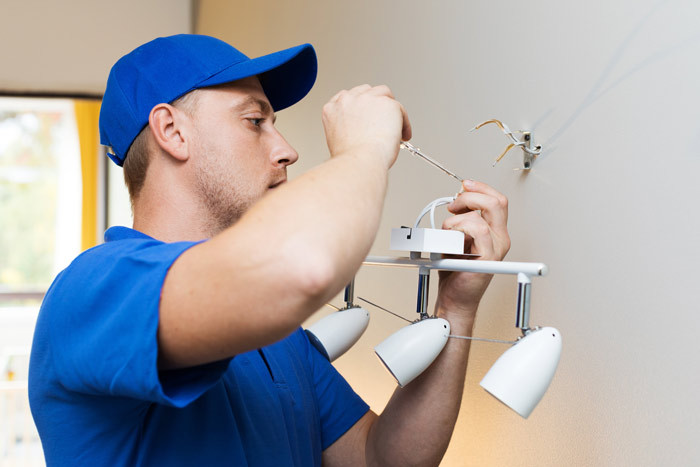
For further information, visit the ACCC website. For specific advice relating to your situation, seek appropriate legal advice.
If you’re in financial dispute with an Australian tradesperson, the consumer agency in your state can offer guidance on how to resolve it.
If the agency can’t help, or you’re not satisfied with the outcome, you can take your complaint to the appropriate tribunal or court in your state or territory. They have the power to make a trader (or you) pay money, rectify services or excuse you from having to pay the full amount.
However, it’s your responsibility as a consumer to select service people who are licensed, insured and experienced in their trade, and remember, plumbing and electrical works must legally be done by specialised professionals.
Resources for renovators
ACT
When things go wrong: ACT Government
Search for licensed tradies: Access Canberra
NSW
When things go wrong: NSW Fair Trading
Search for licensed tradies: Service NSW
Northern Territory
When things go wrong: Northern Territory Consumer Affairs
Search for licensed tradies: Licensing NT
Queensland
When things go wrong: Queensland Building and Construction Commission
Search for licensed tradies: Queensland Building and Construction Commission
South Australia
When things go wrong: Government of South Australia
Search for licensed tradies: Consumer and Business Services
Tasmania
When things go wrong: Consumer, Building and Occupational Services
Search for licensed tradies: Consumer, Building and Occupational Services
Victoria
When things go wrong: Domestic Building Dispute Resolution Victoria
Search for licensed tradies: Victorian Building Authority
Western Australia
When things go wrong: Building Commission
Search for licensed tradies: Commerce Western Australia


